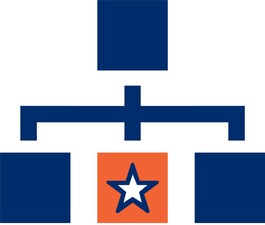1. New party/location introduction
A new party or location is considered an addition to what already exists and has been allocated a GLN.
When a new party and/or location is added that will engage in business transactions, it must be allocated a new GLN.
Example business scenarios that require a new GLN


- A new store location is opened.
- A subsidiary organisation is formed and added.
- The finance department begins to engage in business transactions.
- An individual begins acting as a business entity.
- An EDI gateway is established.
- There is a need to identify the franchisee as an independent corporate entity since the franchisee purchases goods and conducts other business independently.
- A physical location is created as a result of a business continuity plan.
- Seasonal peaks may cause products to be shipped to a 3rd party distribution centre (DC) instead of to the regular DC. Since such alternate locations have a different access address, they need to be identified with a separate GLN.
Additional information
- Local, national or regional regulations may require more frequent GLN changes. Such regulations have precedence over the rules provided within the GS1 GLN Allocation Rules Standard.
- When a single GLN is used to identify a combination of parties and/or locations (i.e., legal entity, function, physical location, digital location), the GLN Management Rules applicable to all parties and locations identified SHALL apply.
- Please contact your local GS1 Member Organisation for additional information on local requirements.






